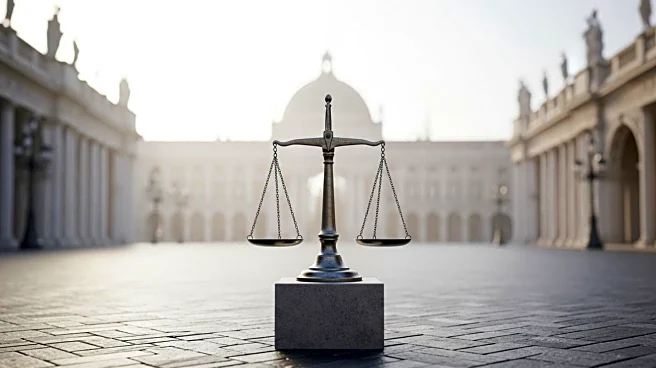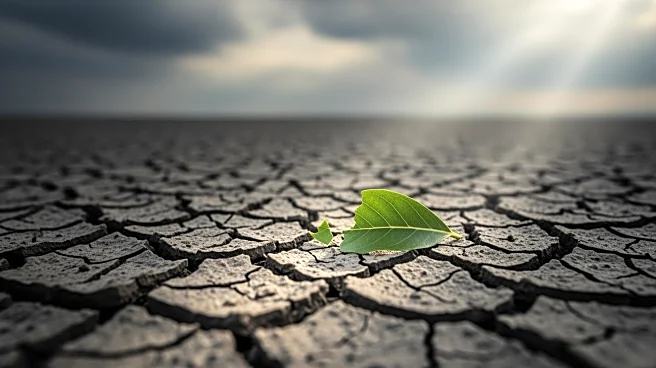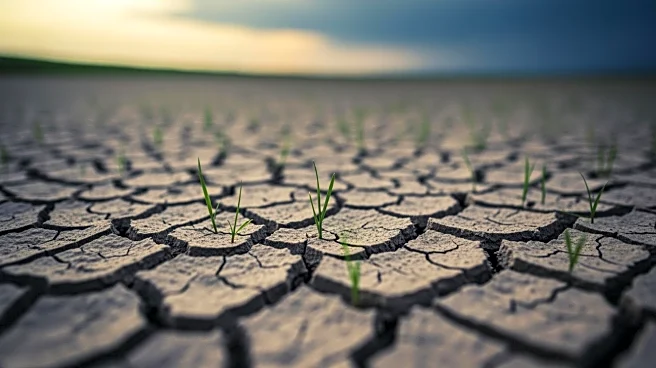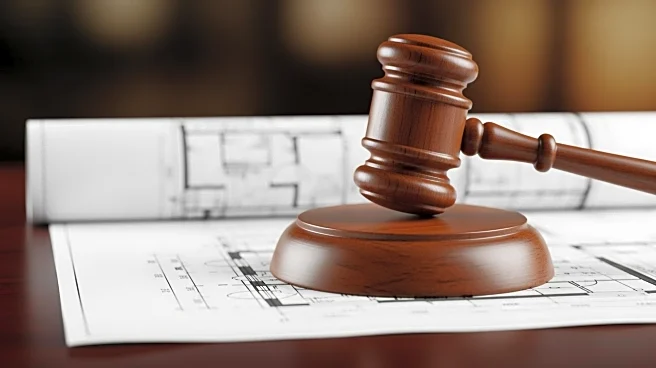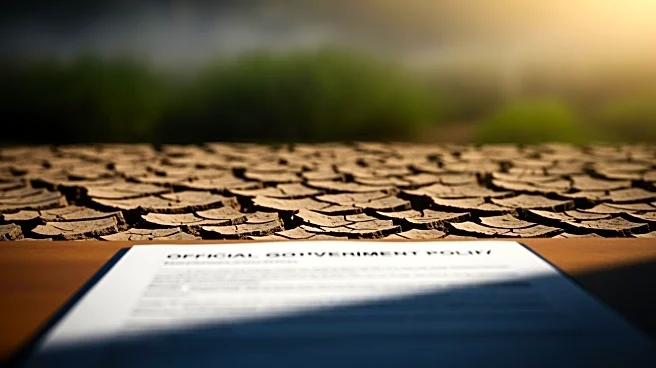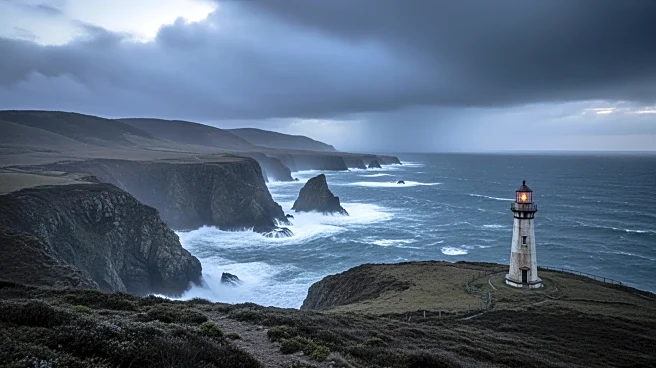What's Happening?
Tens of thousands of anti-government protesters took to the streets in Serbia, demanding justice and accountability from President Aleksandar Vucic's administration. The protests, led by students, mark ten months since a tragic incident in Novi Sad where a canopy collapse killed 16 people, sparking public outrage over alleged state corruption and negligence. Demonstrators are calling for early elections, transparent investigations, and free media. The protests coincide with Vucic's visit to China for a summit with global leaders, including Russian President Vladimir Putin.
Why It's Important?
The protests highlight significant political unrest and societal divisions within Serbia. The public's demand for accountability and democratic reforms reflects growing dissatisfaction with Vucic's populist rule. The government's response, including the firing of over 100 professors supporting the protests, indicates a crackdown on dissent. This unrest could impact Serbia's political stability and its relations with international partners, especially as Vucic seeks to strengthen ties with Russia and China.
What's Next?
The protests are expected to continue, with demonstrators committed to their demands for political change. The government's response and potential crackdown could further escalate tensions. International attention may increase, particularly from Western countries monitoring Serbia's political developments and human rights situation. The outcome of these protests could influence Serbia's future political landscape and its alignment with global powers.
